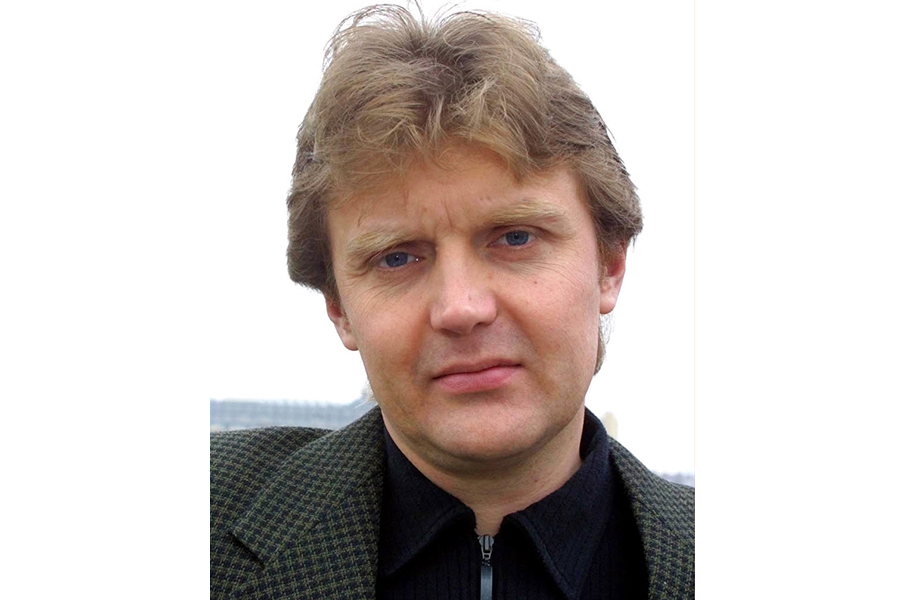UK plans inquiry for Russian spy Litvinenko death
Loading...
| LONDON
The British government announced plans Tuesday for a wide-ranging public inquiry into the mysterious 2006 death of poisoned former Russian agent Alexander Litvinenko. The decision, which comes at a time of rising tensions with Russia, is a breakthrough in the much-delayed probe because it means investigators can look into whether the Russian state was involved in Litvinenko's death.
Here are key facts about the case.
___
WHO WAS ALEXANDER LITVINENKO?
A former officer in the Russian intelligence service, Litvinenko fell out with the Russian government and became a strong critic of the Kremlin. He came to Britain in 2000 and obtained political asylum.
Litvinenko died in 2006, aged 43, after drinking tea laced with polonium-210 at a London hotel.
___
WHO KILLED HIM?
That remains a mystery. On his deathbed, Litvinenko accused Russian President Vladimir Putin of responsibility. The former agent's family believes the Kremlin ordered his killing.
Britain identified the two Russian men who met Litvinenko for tea — ex-KGB agent Alexander Lugovoi and Dmitry Kovtun — as prime suspects. Both denied responsibility. British prosecutors decided to charge Lugovoi with murder, but Moscow refused to extradite him.
Questions were also raised about whether British security officials could have done anything to prevent the death. Lawyers for Litvinenko's family said he was working for Britain's intelligence service, MI6, at the time of his death.
___
WHY IS IT TAKING SO LONG TO INVESTIGATE?
British authorities initially delayed an inquest for years because they believed they could bring criminal prosecutions against the two Russian suspects.
But when the inquest finally began it was riddled with problems because much of the key evidence in the case was deemed too sensitive to disclose to the public. The coroner, Robert Owen, reluctantly accepted a British government request to bar the inquest from considering evidence relating to Russia's alleged role because of national security concerns. Evidence relating to Litvinenko's alleged relationship with MI6 was also off the table.
The British government has resisted calls for a full-scale inquiry, but in February the High Court sided with Litvinenko's widow, Marina, and ruled that the government had to reconsider its decision.
___
WHAT WILL THE INQUIRY ACHIEVE?
The new inquiry — an independent investigation — aims to "identify where responsibility for the death lies and make appropriate recommendations." However, it is not a trial and is designed only to establish the facts.
It is expected to overcome previous hurdles because Owen, who will lead it, will have the authority to summon witnesses and documents from the British intelligence services and assess whether evidence suggests Russian state involvement. It is possible some of this evidence will be presented in sessions closed to the public.
Still, it is a key victory for Litvinenko's widow, who has long argued that only a public inquiry would reveal whether the Russianstate was behind his killing.
On Tuesday she said the decision sends a message to the killers that "no matter how strong and powerful you are, truth will win out in the end."
___
WHY IS THE CASE IMPORTANT?
The case was a focal point in the souring of British-Russian relations, which turned into an ugly spat with both sides expelling diplomats.
Those lingering political tensions worsened recently as Britain and other Western powers accuse Russia of fomenting unrest in Ukraine and being complicit in the downing of a Malaysia Airlines passenger jet over eastern Ukraine. Britain, along with France and Germany, has been pushing for harsher sanctions on Russia.







